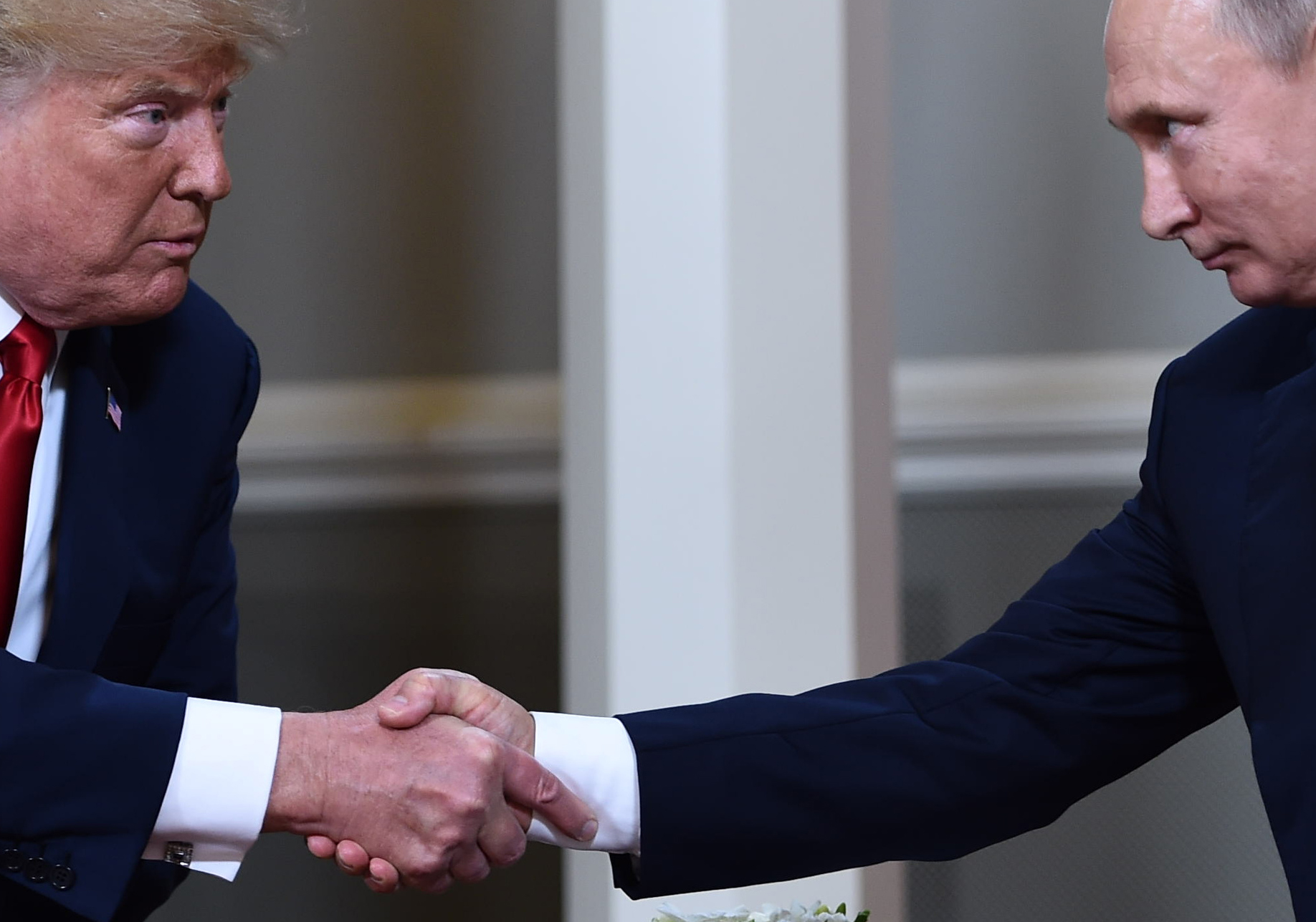House Republicans join rebuke of Trump for easing Russia sanctions
The US House of Representatives overwhelmingly voted 362 to 53 approving the bill that would block the Treasury Department’s move to lift sanctions on companies connected to a Vladimir Puin ally (Brendan Smialowski)
Washington (AFP) – More than 130 US House Republicans joined Democrats Thursday in opposing the easing of sanctions against an ally of Russia’s Vladimir Putin, dealing a rebuke to President Donald Trump’s administration.
The Democratic-controlled chamber overwhelmingly voted 362 to 53 approving the bill that would block the Treasury Department’s December move to lift sanctions on companies connected to Oleg Deripaska.
The oligarch was targeted last year as part of US congressional efforts to punish Russia for interfering in the 2016 presidential race.
But the measure is effectively a dead letter, as a version of the bill failed to advance earlier this week in the Republican-held Senate.
“Today I voted to reinstate sanctions on certain Russian companies. I am not convinced that they have met the necessary requirements,” House Intelligence Committee Republican Chris Stewart posted on Twitter.
“I disagree with the President. The sanctions must remain in place.”
The sanctions relief, however, is set to move forward after a mandated 30-day review expires Thursday.
The Treasury announced on December 19 it would end sanctions on Russian aluminum giant Rusal and two related companies after blacklisted billionaire Deripaska took action to sharply cut his stake in them.
The sanctions ban Americans and companies with US arms — like many global banks — from doing business with those on the US blacklist.
Democrat Eliot Engel, chairman of the House Foreign Affairs Committee, said the bipartisan result sent a strong message to the Trump administration which he said was “trying to make an end run around Congress on an issue as important as Russia sanctions.”
Engel and others had criticized the White House for announcing the plans in the end-of-year holiday period, with little time for the new Congress that convened on January 3 to organize and study the issue.
Disclaimer: This story is published from a syndicated feed. Siliconeer does not assume any liability for the above story. Validity of the above story is for 7 Days from original date of publishing. Content copyright AFP.


